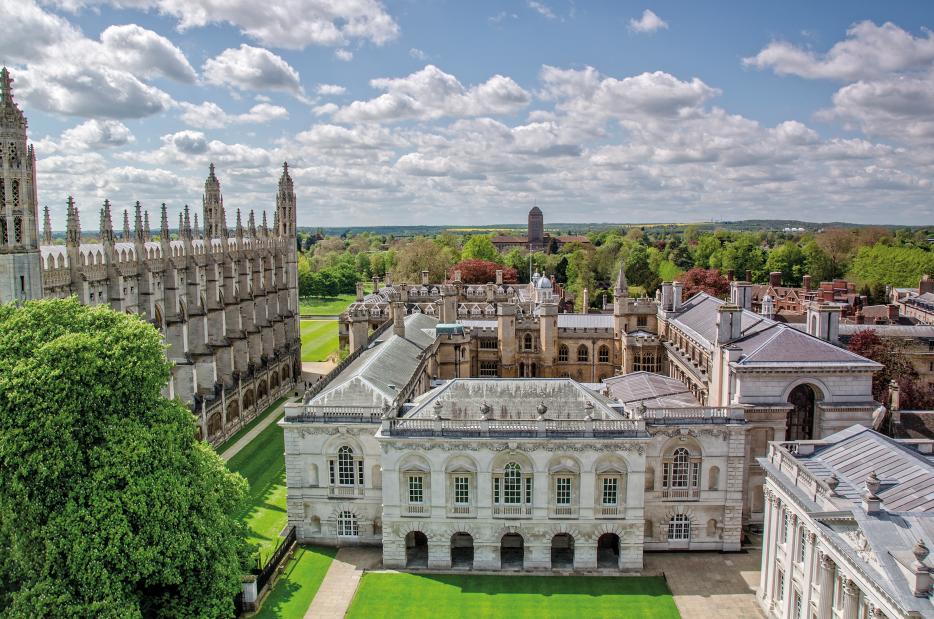
The UK or International School - which should I choose for my child?
For parents arriving in or returning to the UK, choosing a school is always going to be one of the most important decisions to make.
Many families arriving in the UK from overseas may well come from a system of international schooling that mainly follows the UK curriculum or may follow the IB (International Baccalaureate) or a national education system.
But which route is best for your family, UK or international school? The answer may well be based around your reason for moving. Many British expatriates begin to think about the future of their children’s education as they get older and have to decide - do they stay or do they go?
If you are confused about the UK schooling system and unsure which option is best for you, we discuss the benefits of both types of schools in this blog...
Key things to think about
Ultimately, whether you decide on a UK or international school, there are some key questions to ask yourself when it comes to choosing the right school for your child.
For example, are you interested in an independent or state school? Day school or boarding? Single-sex or co-educational? Does your child have any extra-curricular interests that are important to you? What about location and transport links? These are all important things to consider when looking at possible school choices.
All about UK schools
The UK independent education system begins with nursery or pre-school at age 2+, through to pre-prep and prep from ages 4-11, followed by senior school from ages 11 or 13-18. As such, whilst some are content to educate their children wherever they are in the world, others start to think about a UK education once their oldest child is reaching the end of their primary education.
The transition to secondary schooling at age 11 or 13 concentrates the mind of even the most committed expatriate. In other families who want to enter the independent education system, the decision comes earlier as British prep schools from age 8 prove an attractive option, particularly for those hoping to go on to a leading senior school with highly competitive entry standards.
Other families hang on longer, waiting until serious public exams loom on the horizon before heading for home. These families are more likely to want the UK system albeit with IB as an option, to help a smooth transition to a UK university.
International schools explained
For those arriving in the UK for a short work posting, or for those with little spoken English or the desire for a broader education, an international school may well be a better choice.
If you are not concerned with the UK exam system or want a more international feel to your child’s schooling, the international school route is for you. The international schools are used to supporting those with little English and have a less traditional British feel being made up of different cultures.
Not everyone wants the smart uniform and increasingly specialised exam system. The international schools offer the International Baccalaureate, which is recognized in many schools worldwide, as well as specific national curricula.
Another advantage is that the high number of international students at these schools means that the staff understand the needs of foreign students. Concentrated mainly around London, they offer the best of American and British education, as well as schools that cater for certain nationalities, such as the French and German schools.
Plus, because international schools tend to offer similar standards of education worldwide, they allow your family to move with ease.
When to make the move
Whichever type of education you choose, we would always advocate planning as far in advance as possible. If you can, an educational ‘roadmap’ of all the UK admissions timelines for the family is an excellent tool for planning ahead.
And, for those who move at short notice, don’t be put off by horror stories of a shortage of places, there is usually a solution that works for your family.
So, how do you decide?
Ultimately, visiting the schools on your short list will most likely be the deciding factor on which school is right for you. When you visit potential schools, be sure to ask the following questions:
• What are your first impressions of the school? Does it seem a nice place to learn?
• Are the staff welcoming and helpful?
• Are the pupils happy and engaged?
• Are the facilities and equipment of a good standard?
• Is there a good variety of extra-curricular activities on offer?
• Does the school supply the education services your child needs to thrive?
How we can help
At William Clarence, we will work alongside you and your child, providing expert help and advice to ultimately find a school placement that will ensure they excel. We’ll be with you every step of the way, from helping you to find possible schools to arranging tours and even helping with the entrance process.
If you would like any further advice or support on the UK schooling system, or to find out more about our school placement service, contact our expert educational consultants today.

